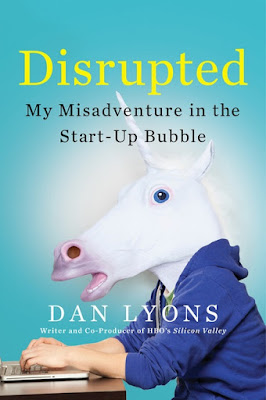Links & Contents I Liked 189

Hi all, Welcome to an almost Brexit-free link review that focuses on the mundane absurdities, LOLs, but also thoughtful insights that a week in development communication has to offer. Development: A celebrity travels to ‘Africa’-and there are pics and Tweets to prove it; the role of documentaries in development story telling; a new book on orphanages in Cambodia and the power of ‘failure’; managing UN bureaucracy; ‘sophisticated programming’-between complexity and overwhelming local capacity; supporting media innovations in West Africa; poetry and poetic reflections on writing ‘development’. Digital culture: Bengali click farming; @sree lost his job-a contemporary story of self-branding; how L.A. wants to make open data meaningful Academia: Dean Dad listens to new community college students. Enjoy! New from aidnography New research article on ritualized conference spaces & the evolution of peace research professionalism in Germany It is important to engage with community prac

